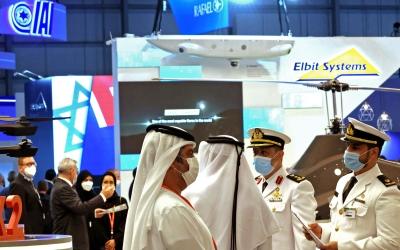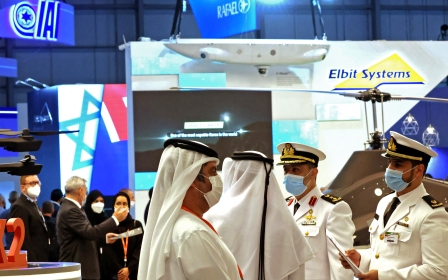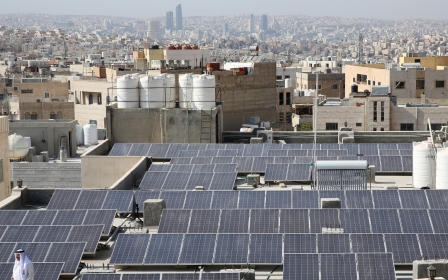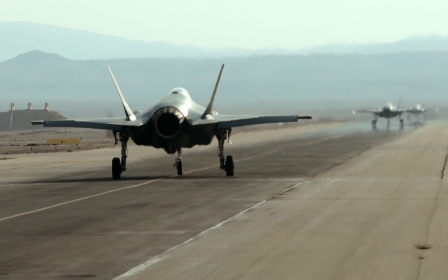US pressed UAE to halt construction at Chinese port project near Abu Dhabi: Report
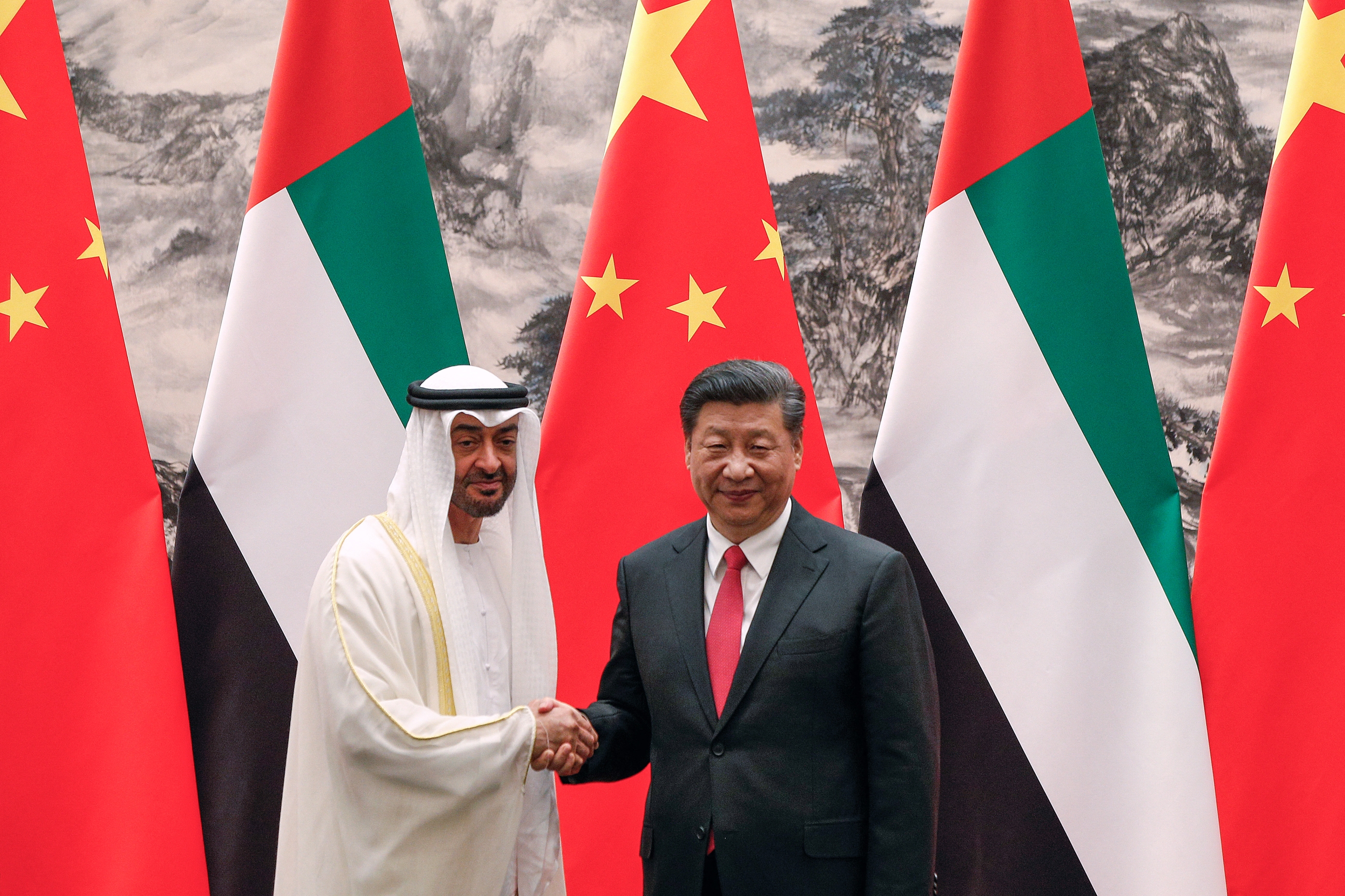
The Biden administration pressured the United Arab Emirates to halt construction on a Chinese port project near Abu Dhabi over suspicions it had potential military purposes, the Wall Street Journal reported on Friday.
According to the newspaper, US intelligence agencies detected the excavation of a huge hole to accommodate a multi-storey building at Khalifa Port, which sits some 80km north of Abu Dhabi and is where China's giant COSCO shipping conglomerate had built a commercial container terminal that is now operational.
At some point earlier this year, the site was reportedly covered up to prevent scrutiny, the Journal reported.
Citing unnamed sources, the Journal said the US feared China was trying to establish a military presence in the oil-rich nation amid Beijing's efforts to gain global influence through trade deals and vaccine diplomacy.
The incident reportedly set off a series of meetings and visits by US officials, with the White House warning that a Chinese military presence could threaten ties between the two longstanding allies.
New MEE newsletter: Jerusalem Dispatch
Sign up to get the latest insights and analysis on Israel-Palestine, alongside Turkey Unpacked and other MEE newsletters
The sources added that the Emirati government was unaware of the military nature of China's activity.
A spokesperson for the UAE embassy in Washington told the Journal the UAE "has never had an agreement, plan, talks or intention to host a Chinese military base or outpost of any kind".
China's embassy in Washington did not respond to requests for comment, the Journal said.
US President Biden had expressed concern about China's growing presence in the country during talks in May and August with Abu Dhabi Crown Prince Mohammed bin Zayed (MBZ), the Journal reported.
In one talk, Biden told MBZ that the US feared China's activity could have a detrimental impact on their partnership. MBZ replied he had heard the US president "loud and clear," according to the officials.
Concerns over potential security cooperation between China and the UAE had potentially threatened a planned $23bn sale of 50 US F-35 fighter jets, 18 Reaper drones and other advanced munitions.
But according to the Journal, the apparent halt in the construction works appeared to put Washington's relationship with Abu Dhabi back on track.
On Tuesday, Mira Resnick, a deputy US assistant secretary of state, said the Biden administration was "fully committed" to the proposed sale of the fighter jets despite the White House slowing down the deal.
"We are fully committed to the F-35 and transferring the F-35, which is a game-changer for the Emiratis," she said.
While the US is the largest arms supplier to the Middle East, with exports increasing by 28 percent between 2016 and 2020, China's economic influence has grown in the region largely due to investments and construction projects via its Belt and Road Initiative.
China has also billed itself as a partner for nearly every country in the region, pursuing infrastructure projects in Egypt and Saudi Arabia and developing strong ties with Iran.
Middle East Eye delivers independent and unrivalled coverage and analysis of the Middle East, North Africa and beyond. To learn more about republishing this content and the associated fees, please fill out this form. More about MEE can be found here.


